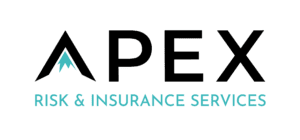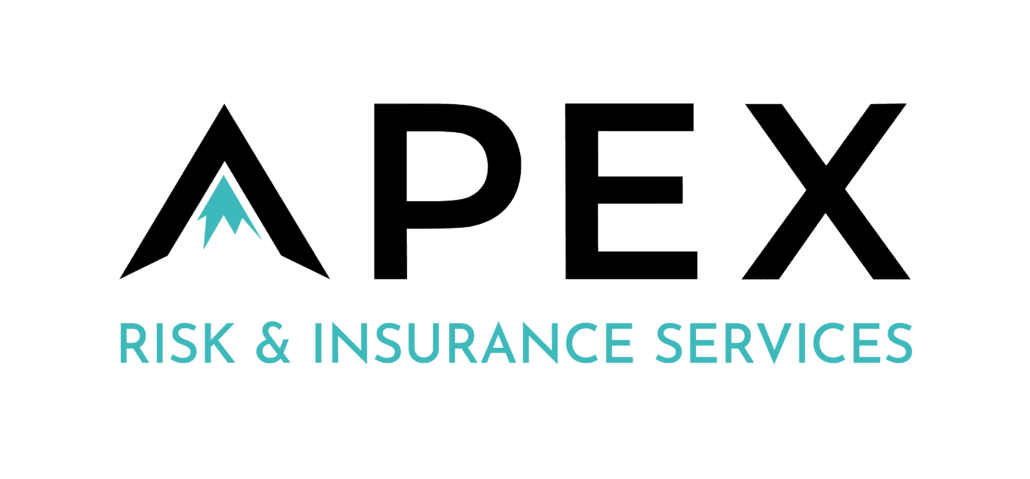Menu
Headquarters
5901 Priestly Drive Ste 140
Carlsbad, CA 92008
Main Line: 760-376-9090
Peter’s Direct: 760-376-9091
Fax to Email: 760-376-9099

site design by digitalstoryteller.io
5901 Priestly Drive Ste 140
Carlsbad, CA 92008
Main Line: 760-376-9090
Peter’s Direct: 760-376-9091
Fax to Email: 760-376-9099

site design by digitalstoryteller.io
This site uses cookies. By continuing to browse the site, you are agreeing to our use of cookies.
Accept settingsWe may request cookies to be set on your device. We use cookies to let us know when you visit our websites, how you interact with us, to enrich your user experience, and to customize your relationship with our website.
Click on the different category headings to find out more. You can also change some of your preferences. Note that blocking some types of cookies may impact your experience on our websites and the services we are able to offer.
These cookies are strictly necessary to provide you with services available through our website and to use some of its features.
Because these cookies are strictly necessary to deliver the website, refusing them will have impact how our site functions. You always can block or delete cookies by changing your browser settings and force blocking all cookies on this website. But this will always prompt you to accept/refuse cookies when revisiting our site.
We fully respect if you want to refuse cookies but to avoid asking you again and again kindly allow us to store a cookie for that. You are free to opt out any time or opt in for other cookies to get a better experience. If you refuse cookies we will remove all set cookies in our domain.
We provide you with a list of stored cookies on your computer in our domain so you can check what we stored. Due to security reasons we are not able to show or modify cookies from other domains. You can check these in your browser security settings.
These cookies collect information that is used either in aggregate form to help us understand how our website is being used or how effective our marketing campaigns are, or to help us customize our website and application for you in order to enhance your experience.
If you do not want that we track your visit to our site you can disable tracking in your browser here:
We also use different external services like Google Webfonts, Google Maps, and external Video providers. Since these providers may collect personal data like your IP address we allow you to block them here. Please be aware that this might heavily reduce the functionality and appearance of our site. Changes will take effect once you reload the page.
Google Webfont Settings:
Google Map Settings:
Google reCaptcha Settings:
Vimeo and Youtube video embeds:
The following cookies are also needed - You can choose if you want to allow them:
You can read about our cookies and privacy settings in detail on our Privacy Policy Page.
Privacy Policy

How to Estimate Insurance Costs for a Feasibility Study in the Wavepool Industry
/in NewsAre you considering venturing into the wavepool industry but unsure about its profitability? Crunching the numbers can provide clarity and confidence in your strategy. Before diving into construction, a feasibility study is a vital step for any new development project. Much like a business plan, a development feasibility study helps assess the viability of a […]
7 Things Your Insurance Broker Needs to Know
/in NewsYour business insurance keeps you protected from unexpected risks, but it’s essential to keep your insurance broker up-to-date on any changes in your business. Why? By keeping your insurance broker informed, you ensure that your coverage remains comprehensive and tailored to your needs. Your broker relies on accurate information about your business to assess your […]
Navigating Insurance Audits: A Business Owner’s Survival Guide
/in NewsInsurance audits can be scary for business owners. The idea of having your records scrutinized, dealing with possible premium changes, and not knowing what to expect can feel like a lot to handle. But don’t worry! With the right plan and readiness, dealing with insurance audits can be a breeze and might even help your […]
Apex Welcomes Andrew Marr – Chief Revenue Officer
/in NewsApex Risk & Insurance Services is thrilled to welcome Andrew Marr to our team as our new Chief Revenue Officer (CRO). With his impressive experience and proven leadership skills, Andrew’s arrival brings an exciting energy to our company as we continue on our path of growth and success. Hear from Peter Katkov, CEO and Founder, […]
Wave Pool Liability and Essential Insurance Considerations:
/in NewsThe consistency and perfection of a wave pool is alluring to any surfer. But for wave park owners, there are a lot of risks associated with running a successful business. That’s where insurance comes in – it can help protect your business from financial loss due to unforeseen events.
What Does Property and Casualty Insurance Cover?
/in NewsProperty and casualty insurance –also known as P&C insurance– protects property owners and the property they own. P&C insurance is a broad term that includes several different forms of insurance such as homeowner’s insurance, renter’s insurance, and auto insurance. How Does Property and Casualty Insurance Work? P&C insurance functions like other types of insurance. In […]
Why Bondability Is Important for General Contractors
/in NewsIn the construction industry, general contractors play a pivotal role in overseeing projects from inception to completion. While technical know-how and project management skills are vital, there’s one key factor that often flies under the radar: bondability. Let’s dive into why being bondable is so important for general contractors and how it influences their ability […]
What’s the Difference Between a Surety Bond and a Contract Bond?
/in NewsIn insurance, complexity often intertwines with risk—especially for contractors who navigate hazardous work environments daily. As a contractor, understanding the insurance landscape becomes paramount for protecting yourself from potential problems. However, insurance can be tricky to understand. That’s why we’re here to make it simple. In this blog, we’ll explain the difference between surety bonds […]
The Impact of Climate on Commercial Insurance in San Diego
/in NewsRecent reports highlight a concerning trend: commercial insurance policies in wildfire-prone regions, such as rural areas in San Diego, are either facing cancellation or substantial price hikes.
Choosing the Right Insurance Coverage for Your Retail Store: A Step-by-Step Guide
/in NewsOwning and operating a retail store is an exciting venture that comes with its share of risks. From potential property damage to liability claims, having the appropriate insurance coverage is essential to safeguard your business. Navigating the world of insurance can seem daunting, but with a step-by-step approach, you can ensure your retail store is […]
Risk Management Strategies for San Diego Businesses: Insights from Commercial Insurance Experts
/in NewsRunning a business in San Diego comes with its own set of challenges. From wildfires and earthquakes to economic ups and downs, there are many risks that can affect your company. That’s why having a good plan to manage these risks is crucial, and we’re here to help! Understanding the Risks Your Business Faces San […]
Last Minute Renewals for your Insurance Coverage? We Can Help
/in NewsThe commercial property and liability insurance market is in distress. This environment has led to underwriters being overworked, resulting in delays in the insurance renewal process. These delays pose serious challenges for businesses, especially when they result in last-minute renewal quotes combined with unexpected rate increases.